WHY DO PEOPLE LIKE WORKING WITH JON CANNON?

Experience the Difference With Jon Cannon
Jon Cannon Mortgage Broker
WHAT WE OFFER
Our Core Services

Conventional

FHA

VA
Frequently Asked Questions
How do you help clients get the best possible interest rate and save money on their mortgage?
As an independent mortgage broker, I have access to multiple lenders and can shop around for the best rates on your behalf. Unlike banks that can only offer their own products, I compare loans from numerous lenders to find you the lowest rates and fees. I also analyze your specific financial situation to recommend strategies that could help lower your rate, such as optimizing your credit score or choosing the right loan type. My goal is to save you thousands over the life of your loan by securing the most competitive terms available.
What makes working with you easier?
Working with me means you get a single point of contact who handles everything from start to finish. Instead of you having to approach multiple lenders yourself, fill out multiple applications, and compare complex loan terms, I do all that work for you. I'm also available outside normal hours and can work around your schedule. My process is streamlined and digital-friendly, allowing you to submit documents securely from your phone or computer. Plus, I act as your advocate throughout the process, explaining everything in clear terms and proactively addressing any issues that might arise.
How do you ensure my loan closes on time and without surprises?
I follow a proven process that begins with a thorough pre-approval where we identify and address any potential issues upfront. By reviewing all your documentation early and asking the right questions, we can avoid last-minute problems that could delay closing. I maintain constant communication with all parties involved - including real estate agents, title companies, and underwriters - to keep everything on track. You'll receive regular updates throughout the process, and I'm always available to answer questions. My goal is to make your closing date with no unexpected costs or delays.

